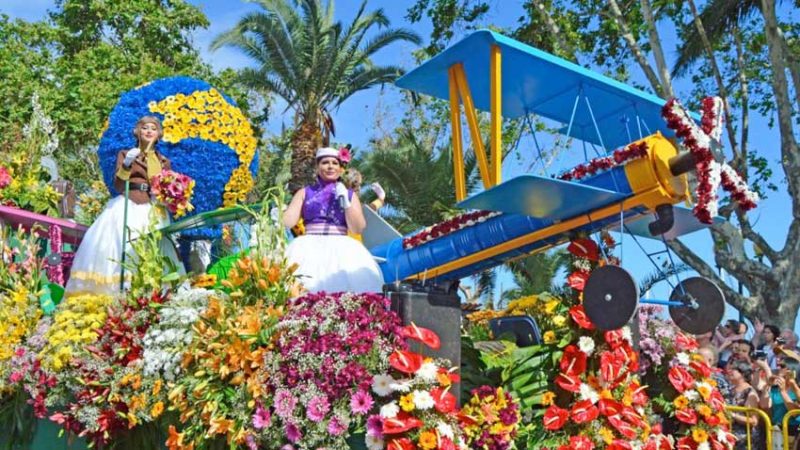Christmas Before Christmas: Origins and History

A Merry Christmas to you all! This greeting, archaic as it may seem, is actually newer than you might imagine, so today we would like to talk about Christmas Before Christmas: Origins and History.
We all know what Christmas means in the Occidental world nowadays: the most important Christian celebration of the year, the Birth of Jesus Christ, a time of peace and joy spent with your family and an exciting celebration for everybody.
But before Christmas was Christmas, in the Roman Empire, 25th of December was the ending of the Saturnalia (a pagan celebration), and then the day of the “Sol Invictus”, the day of the sun god and of the Roman Emperor. It was later transformed by the Romans (who had newly embraced Christianity) into a celebration of Christian religious importance. 354 AD is the first recorded year when Christmas was celebrated as a liturgical feast.
In the Middle Ages, Christmas was completely different from what it is today. As the Church was a powerful institution, they ensured that the religious substrate was kept to the letter. Peasants were discouraged from indulging in debauched feasts. In English history, the first record of the word “Christmas” appeared in a Saxon document in 1038, when it was referred to as “Cristes Maesse”. Later on, it was referred to as Xmas.
Did you know that “to carol” actually means to sing and dance in a circle? Much like their peasant ancestors that they were still linked with, the Feudals did just this… in churches! Which is why they were eventually banned and ended up being thrown “on the streets” – which is where they perform their singing “ritual” to this day.
Many of the traditions so widely popular today and associated with Christmas actually have much older roots. And the next time you listen to a carol, let yourself go to the rhythms that will take you far back to when it all started and Christmas became Christmas.





